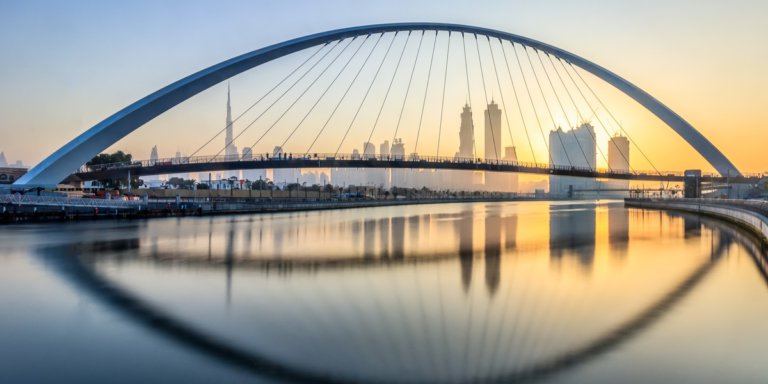
There’s a lot to love about studying in Dubai – world-class infrastructure, a thriving economy, a diverse population, all in an exotic UAE location.
But until now, there wasn’t a consistent ranking system in the emirate to measure university quality.
A new league table has just been released, which takes a few different factors into consideration to rank the ‘best’ and ‘worst’ international universities in Dubai, hoping to attract more international students to study in the country.
According to N UAE, Randa Bessiso, Director of the University of Manchester in the Middle East, said the rating system provides a vital measuring stick for institutions.
He said, “The ranking is a sign of the increasing maturity of the sector and the new rankings provide a reassuring benchmark of quality for students looking at possible study options in Dubai.
“For the institutions, it provides an important measure of local performance and identifies areas for improvement.”
He also said the rankings will boost “transparency and help build trust and confidence in the universities here.”
“It will also help improve the performance of the sector, build on Dubai’s reputation and help attract more high quality higher education providers.”
The names and ratings of first-ever #Dubai ratings of 17 branch campuses of international universities have been revealed by Dubai’s Knowledge and Human Development Authority @KHDA https://t.co/3nN0ozLofq #education pic.twitter.com/pFyItSZ2V0
— Business Dubai (@BusinessDubai) July 4, 2019
The Higher Education Classification initiative was developed by the Knowledge and Human Development Authority and provides a rating of 17 branch campuses of international universities across Dubai.
The one-to-five star system was announced by the Crown Prince of Dubai, Sheikh Hamdan bin Mohammed, and ranks universities on criteria such as “teaching, employability, research, and internationalisation, the strength of education programmes, attention to well-being and inclusiveness.”
In the top three with five-star ratings each were the University of Manchester Worldwide, London Business School and Heriot-Watt University.
Professor Christopher Abraham, CEO, Dubai campus, S P Jain School of Global Management (4-star), told GulfNews that “diversity of curricula — as well as of students and faculty — was a strength.”
He said, “We lay a lot of emphasis on internationalisation, on diversity — we have 35 nationalities on campus…Student wellness is another area of focus for us; it’s not just academics.”
Student well-being is one of the indicators used to rate the universities.
Professor Dr R.N Saha, Director, Birla Institute of Technology and Science (Bits) Pilani, Dubai Campus (4-star) said that the ratings will help lift university standards even higher in Dubai.
“This initiative to rank higher education institutions is a very important step to enhance the quality of higher education in Dubai. BITS Pilani always tries to offer excellent higher education to create future quality technical and administrative manpower.”
The Executive Council of Dubai has approved a Rating System for International Branch Campuses, prepared by the @KHDA, aiming to improve the quality of education and offer students the ability to select from the top international universities based on well-informed decisions.
— Hamdan bin Mohammed (@HamdanMohammed) July 2, 2019
Dubai’s efforts to attract more students to pursue higher education there has been paying off in recent years.
According to Arabian Business, “The number of students at Dubai International Academic City (DIAC), the largest community dedicated to higher education in the Middle East, has witnessed a surge in 2018/2019.
“A total of 27,500 students have registered for the new academic year, marking a jump of more than seven percent over the previous year.”
Mohammad Abdullah, Managing Director of DIAC and Dubai Knowledge Park, said, “As we experience a global shift in the education landscape, we find ourselves uniquely positioned to take a more central role in attracting transnational students to the UAE.
“With the implementation of new visa regulations for students, aimed at retaining the brightest talent and supporting graduate seeking employment in the UAE, we see the trend of increased student enrolment poised to continue in the years ahead.”
Liked this? Then you’ll love…
How to apply for a UAE student visa
What would it be like to study at an ‘affordable’ private school in Dubai?







